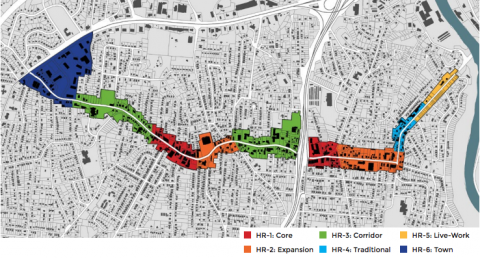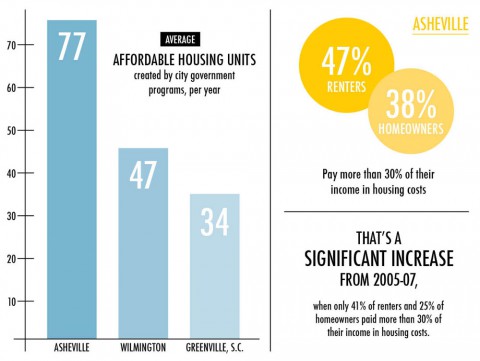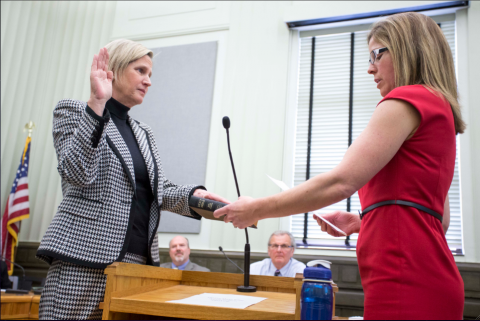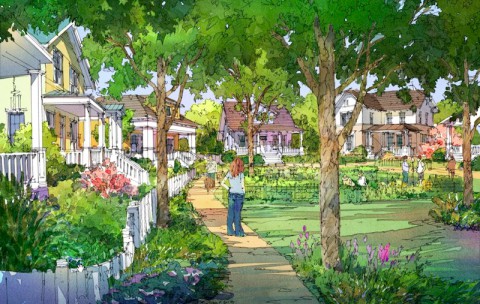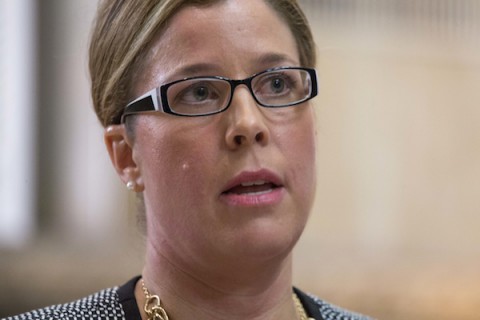After months of preparation, city of Asheville staff will present a new “form-based” zoning plan for the Haywood Road corridor at a meeting tomorrow night, Thursday, March 27. The new plan is a very different approach from the city’s previous development rules, and could provide a model for overhauling other neighborhoods’ zoning as well.
